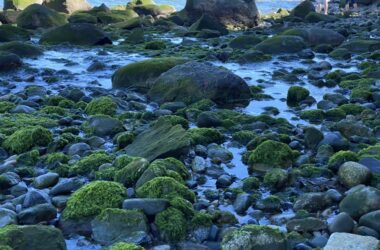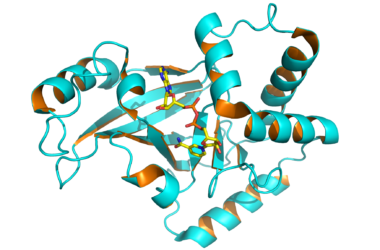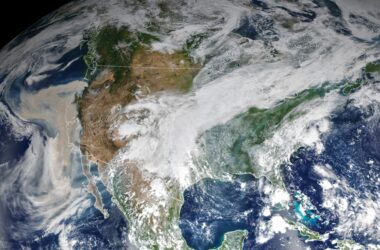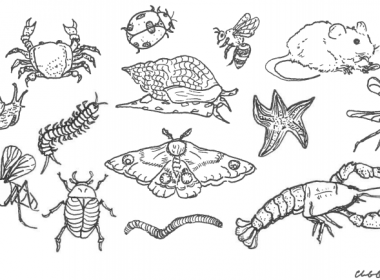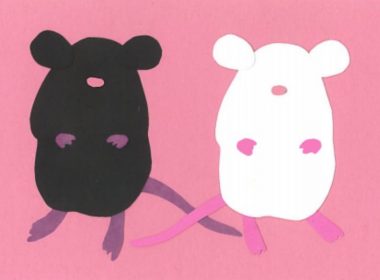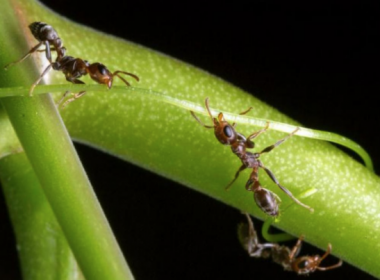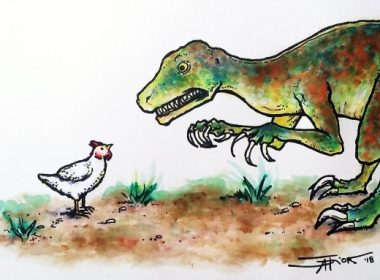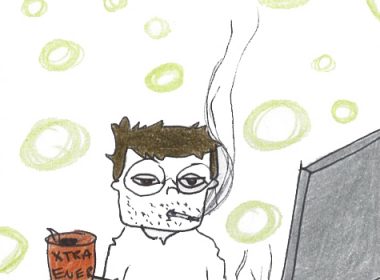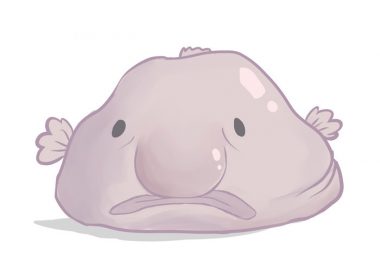On Nov. 21, McGill’s Barrett Lab hosted a public talk, “Ecology and evolution of aquatic microbiomes: from inland lakes to the Arctic Ocean,” as part of the Conservation, Ecology, Evolution & Behaviour (CEEB) research initiative. In this event, David Walsh, professor in Concordia’s Department of Biology, presented his research on[Read More…]
Tag: evolution
How exoenzymes changed the fate of organic matter
The very first life on Earth appeared 3.8 billion years ago as individual cells called heterotrophs, which were dependent on external food sources. Over the years, these simple heterotrophic cells underwent countless evolutionary changes, transforming into the planet’s diverse range of present-day animals. Despite the critical importance of evolution for[Read More…]
Combatting pseudoscience with reason and rationality
Albert Einstein once said that “two things are infinite: The Universe and human stupidity; and I’m not sure about the Universe.” Although a quick fact-check shows that the acclaimed physicist might not have actually said this, the essence of the statement remains clear—there are no limits to human folly. Pseudoscientific[Read More…]
The underlying unity of life
Comparing animals of various sizes has historically been a challenge for biologists. From simple observation, an elephant could not be more different than a mouse. Yet, a universal underlying principle concurrently governs them both. Scaling laws—derived mathematical models that compare an organism’s key life traits to its body mass—present an[Read More…]
Testing Darwin’s ecological questions
Rarely does the title of a scientific study live up to the aspirations of its authors. The BIG Project, however, is an exception. BIG, which stands for the Biotic Interaction Gradients experiment, is the first endeavour of its kind to explain one of Charles Darwin’s oldest theories: Species interactions play[Read More…]
Survival of the mutated
In his theory of evolution, which dates back to the 1800s, Darwin argues that living organisms evolve over time to promote survival and to produce the fittest offspring. This evolutionary model is based on two concepts: That all life on Earth is interconnected and that its diversity results from certain[Read More…]
Seemingly-redundant organ discovered to influence development
Scientists have long wondered about the function of rudimentary structures which have no apparent use, such as organs like the appendix and tonsils. In On The Origin of Species, Charles Darwin hypothesized that these vestigial structures are remnants of our evolutionary past and explained their presence using his widely-accepted theory[Read More…]
Which came first: The chicken or the dinosaur?
At first glance, a chicken and a dinosaur may seem as distantly related as any two species could be. For Hans Larsson, McGill associate professor of paleontology and biology and director of the Redpath Museum, the correlation between the two could not be clearer. In his presentation on Sept. 14,[Read More…]
The Evolution of a Semester
Everything you wanted to know about the blobfish but were afraid to ask
Ever pictured a cross between Squidward from Spongebob and a grumpy English Bulldog? If not, look at a picture of the infamous “blobfish” and wonder at the mysteries of life. According to the New York Daily News, the blobfish, or Psychrolutes marcidus, was voted “World’s Ugliest Fish” by the Ugly Animals[Read More…]
